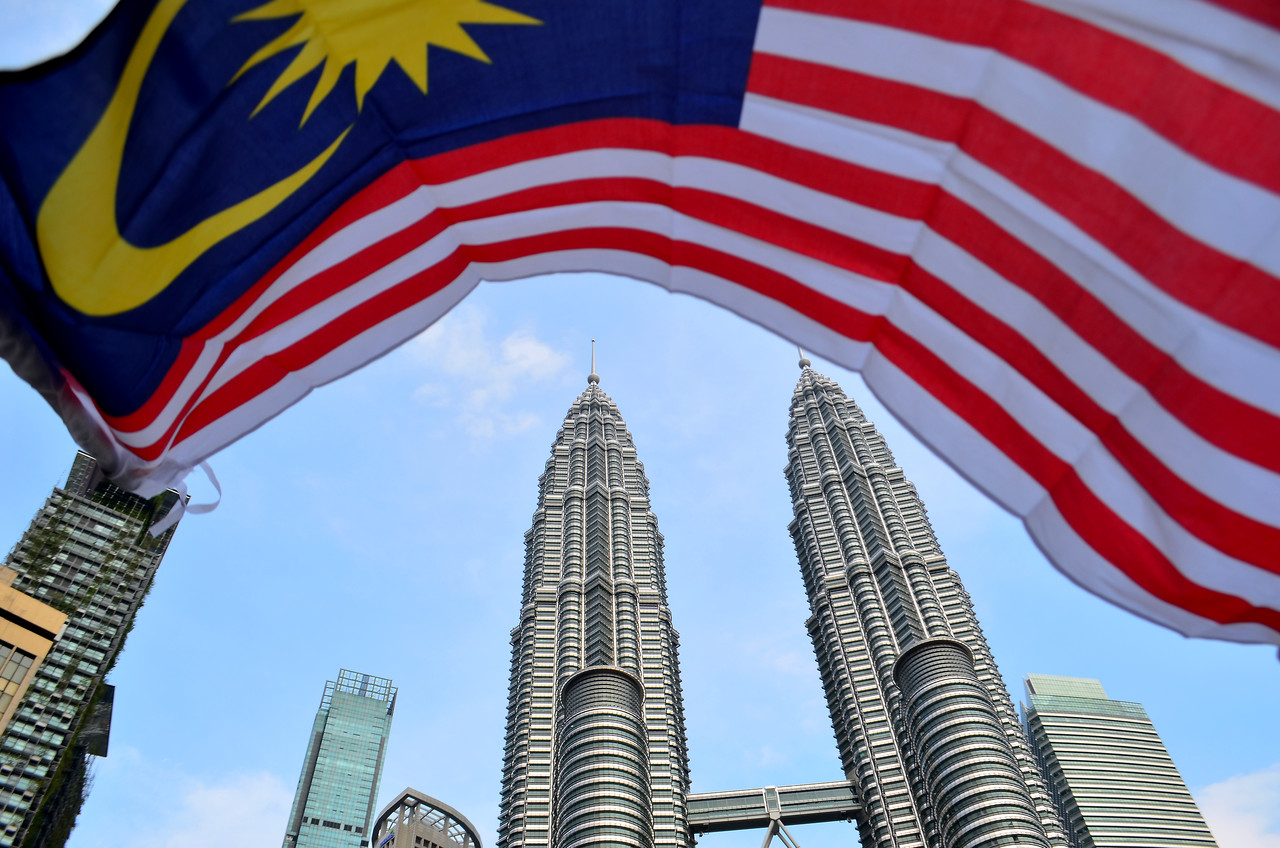By Sankara Subramaniam Venkatachalam
KUALA LUMPUR, April 27 (NNN-Bernama) — The tax regime in Malaysia should stay current and continue to be sustainable to attract new domestic and foreign direct investments into the country in the wake of the changing investment landscape posed by COVID-19.
With the easing of pandemic restrictions and declining daily cases of about 2,000, there are signs of a rebound for the Malaysian economy with more businesses being reopened, thus, providing current and sustainable tax incentives that will certainly soothe foreign investor nerves.
“Our tax incentive regime has to be current and continue to be sustainable for the changing (investment) environment.
“We may not want to compete head on with our neighbours, but what is our niche as a country, what kind of investors are we looking at.
“And certainly, incentifying investors through tax incentives, will show we are ‘soothener’ to them,” Ernst & Young (EY) Malaysia tax leader Farah Rosley said in an interview with Bernama recently.
Malaysia recorded RM306.5 billion (US$70.3 billion) worth of approved investments in the manufacturing, services and primary sectors in 2021 — the highest amount of approved investments since 2006, according to the Malaysian Investment Development Authority (MIDA).
The total foreign direct investment (FDI) and domestic direct investment (DDI) numbers exceeded expectations with a stellar performance in 2021, increasing to 83.1 per cent from 2020.
Farah, who is also president of the Chartered Tax Institute of Malaysia, said Malaysia must also ensure that its tax system is competitive and should continue to develop and improve policies to encourage new domestic and foreign direct investments into the country, whilst retaining existing investments.
She said the additional taxes raised should be earmarked for areas that would improve the ease of doing business and improve the investment ecosystem in the country.
“The economic situation and the requirements in Malaysia are unique and we should not lose out in the competition.
“As a country, we should continue to adopt fiscal policies to encourage economic growth and support businesses, whilst ensuring public policy objectives are achieved,” said Farah, who has more than 20 years of professional experience in the field of taxation.
Farah said to ensure Malaysia benefits from the investments, investors who are granted tax incentives must comply with various conditions set by the government.
“This would typically include minimum investment and employment levels and the requirement to carry on activities such as research and development and local vendor development,” she said, adding that Malaysia’s corporate income tax rate is generally at 24 per cent.
Asked how would Malaysia benefit from the global minimum tax to ensure that multinational enterprises (MNEs) would be subject to a minimum 15 per cent tax rate from 2023, Farah said implementing the global minimum tax should in theory increase Malaysia’s tax collection.
Driven by the Organisation for Economic Cooperation and Development (OECD), the global minimum tax is generally to be set at 15 per cent for all multinational groups with revenue exceeding 750 million euro per annum.
The minimum tax aims to ensure corporations pay a fair amount of tax, mitigate the trend of large groups shifting activities and profits to low-tax jurisdictions, and reduce pressure on governments to cut tax rates to attract investments.
— NNN-BERNAMA






